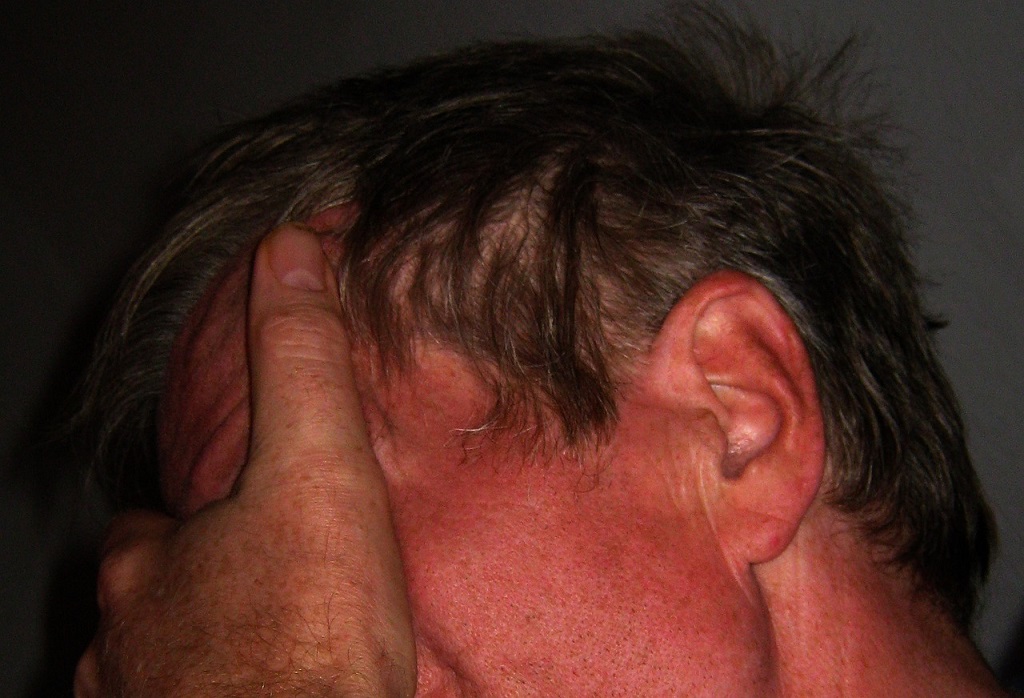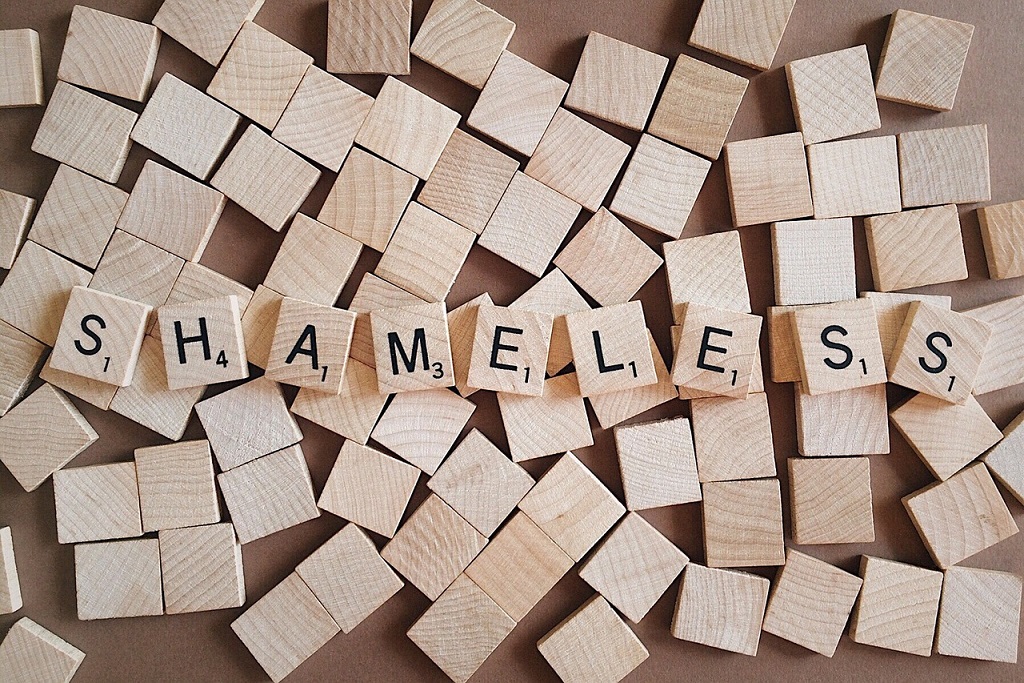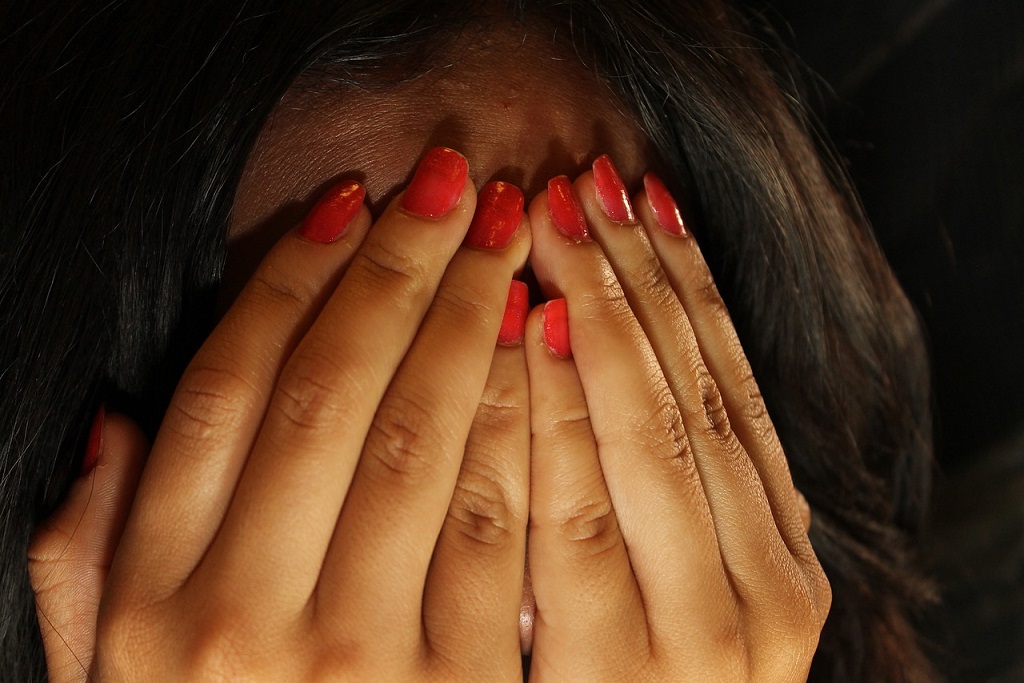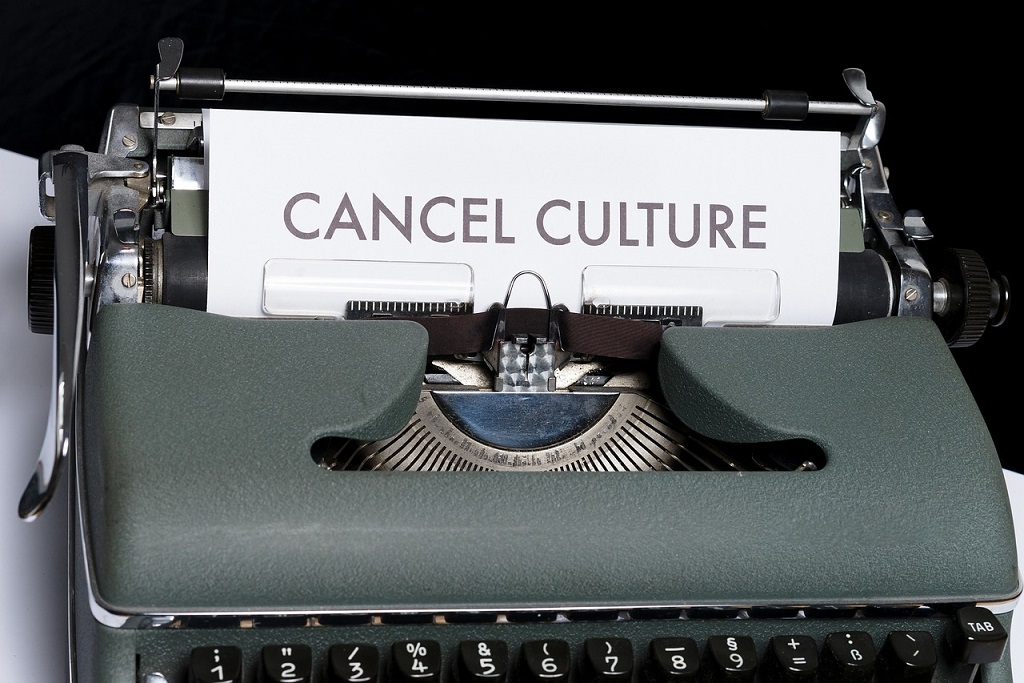What are the effects of ‘shame’ on Caribbean families? I believe that this powerful emotion is perpetuated by the dysfunctional family structures that exist there, such structures being themselves directly caused by the deliberate humiliation visited on the imprisoned Africans by the slavers and their plantocratic masters.
 Nigel Pocock
Nigel Pocock
‘Shame’ is defined as a “painful emotion resulting from an awareness of having done something wrong or foolish”. Caribbean people believe that their ancestors did precisely this.
The felt shame can lead to one of two responses, one negative, the other, positive.
Negative responses to shame include: denial, avoidance, aggression, defensiveness, scapegoating, feelings of rejection and inferiority, cover-ups, retaliation, helplessness and powerlessness, degradation, humiliation, and a sense of irredeemable badness, a ‘fixed identity’. This leads to a ‘fixed mindset’, in which people become obsessed with their public image.
What might be the positive response to ‘shame’? Psychologists see it as an opportunity to re-evaluate oneself.
This is from a ‘fixed’, to a ‘growth’ mindset. Relationships that have been historically damaged can be repaired. The capacity for personal responsibility can be renewed and made more prosocial.
 It seems likely that an important cause of the fixed (‘loser’) mindset lies not just in past humiliation, but also in family structures and parenting styles inherited from this history, and especially the kind of criticism the child receives.
It seems likely that an important cause of the fixed (‘loser’) mindset lies not just in past humiliation, but also in family structures and parenting styles inherited from this history, and especially the kind of criticism the child receives.
Small children (back to age 3½ years) cannot distinguish between criticism directed towards a ‘task’ and ‘conduct’.
They see all criticism as directed at who they are as people, their very ‘nature’ and identity. Slightly older children have shown to be able to distinguish these kinds of criticism. Criticism that sought to help children improve their skillsets by encouraging them to make strategic improvements, while at the same time praising their effort proved to be the way forward.
The authoritarian and ritual humiliation of the ‘patriarchal’ planters had the effect of creating a social world based on a supposed ‘natural talent’ of (literally) born losers, who were intrinsically incapable of change, even today.
 Thus, male ‘macho’ became the model for all the ‘negatives’ mentioned above, of denial, cover-up, aggression, defensiveness, scapegoating, retaliation, and so on.
Thus, male ‘macho’ became the model for all the ‘negatives’ mentioned above, of denial, cover-up, aggression, defensiveness, scapegoating, retaliation, and so on.
This is then perpetuated in a cycle of broken childhood attachment, as well as authoritarian culture, driven by a sense of inferiority and conditioned behaviour.
The expression of this is the rise of all kinds of mental and physical illness in the Caribbean, schizophrenia, bi-polar illness, depression, as well as diabetes, and cardiovascular disease. Shame is one of the deepest and most profound effects of the slave trade which ended (legally) between 1807-34 in the British West Indies. It has been transmitted down through the previous two centuries, and continues on today. We – descendants of both perpetrators and slaves – are ashamed and embarrassed by this, but need to face it.
Education, therapy, and family counselling are required in order to address these issues. Regional Caribbean governments must implement policies to aid these changes.
 Western governments need to help to fund such changes, as part of a movement that recognises constructive targeted reparations and healing.
Western governments need to help to fund such changes, as part of a movement that recognises constructive targeted reparations and healing.
No one can provide a perfect solution, but this at least will make an important step in the right direction.
(Photos: Pixabay)












.jpg)












